Frederica Freyberg:
This week Foxconn revealed the location for its massive new technology factory. The Racine County location is in the Village of Mount Pleasant. The Taiwan-based company is set to acquire more than 2,500 acres for which includes the factory site, additional land for future expansion and constructs staging. Foxconn would be by far the largest manufacturing campus in the state, with an estimated workforce of 13,000. In addition to the $3 billion state incentive package, the Village of Mount Pleasant and Racine County will provide Foxconn $764 million for development. Local officials said all of it will be repaid by taxes the project generates. Our partners at WisContext have also learned the city of Racine will provide water for the complex.
This week, our inside look examines a key labor market shift in the state. Wisconsin dairy farmers now depend on immigrant labor to produce the amount of milk that ranks us second in the nation. But with immigration fears and an already short supply of workers, farmers worry about who will help them get the chores done and the milk to market without breaking the bank. This week we check in with the Wisconsin Center for Investigative Journalism which queried experts and farmers to ask what needs to happen to stabilize the labor situation on Wisconsin's dairy farms. We started by asking Managing Editor Dee Hall how fears of deportation have changed the landscape for farmers and their immigrant workers.
Dee Hall:
That's a big concern among the workers. We’re seeing some anecdotal evidence that some of the workers are leaving in anticipation of an immigration crackdown. We haven’t actually seen evidence that there’s a crackdown on farms or in Wisconsin particularly, but there is a fear because of the rhetoric surrounding both the election and then the administration’s talk about getting rid of all illegal immigrants.
Frederica Freyberg:
So this would suggest that a certain number at least of this immigrant labor are undocumented.
Dee Hall:
Yes. It is not known in Wisconsin, for example, how many people are undocumented. We know numbers about immigrants and it is pretty overwhelmingly immigrant labor that produces most of the milk nationwide.
Frederica Freyberg:
One of your experts and that was kind of the point of this overall coverage, was to pick the brains of all these different people in this regard. But one of your experts said, “Immigration is really a symptom of a rural labor shortage.” What does your reporting show about that trend?
Dee Hall:
We have actually at the Wisconsin Center for Investigative Journalism, we actually documented that several years ago, that some of the most rural counties are facing the largest depopulation, especially young people. And these are the strong people that you would expect to work on dairy farms. So in fact there’s no doubt that there is a rural labor shortage of some type. It’s caused by many factors. So there’s a general rural labor shortage. And then there’s the specific one regarding dairy farms. We have fewer family farms. So that used to be a pipeline for people to come in and work at farms. A lot of those are closing. They’re consolidating and as a result you don’t have the people growing up on a dairy farm who are ready to work on one when they grow up.
Frederica Freyberg:
Why can’t this be mitigated by simply offering higher wages, whether it’s to local workers or to immigrant workers?
Dee Hall:
Well, that is a debate. It is not known whether that would actually alleviate the problem. I know there are some experts who believe this simply would not be enough. American workers do not want to do some of the really hard and dirty work of dairy farming. It’s 365 days a year, 24/7, erratic hour, long hours. Others believe that if you did raise the wages significantly enough that in fact at some point American workers would be tempted to take the jobs.
Frederica Freyberg:
And yet that would be difficult according to your reporting for the farmers and their businesses.
Dee Hall:
Exactly. So the farmers cannot control the cost of milk. It’s a fixed price. It’s a very complicated formula. Essentially they have to take what that price is and use that to run their farms. And what they’re saying is sometimes they would be caught very short if the price drops, which it tends to do. It can be pretty erratic.
Frederica Freyberg:
And yet does immigrant labor drive down the wages?
Dee Hall:
That is one of the concerns as well. Is that when you have immigrant labor, people who are used to making significantly less money, they will settle for lower wages and that will become the market rate for those wages. So that’s another debate. I can’t answer it except that definitely there’s an opinion out there that this is happening. And it’s making these jobs even less attractive to Americans.
Frederica Freyberg:
One of the people that you interviewed talked about the need to automate on the dairy farm to help this situation. But can family farmers or even medium-size farms afford this automation?
Dee Hall:
That can be very expensive. So that is the question, is what are you going to spend on automation and will it replace enough labor to make it worthwhile. Some farms are finding that it does. Some aspects of mechanization are working, but others have not gone that direction yet.
Frederica Freyberg:
You also discussed changing federal immigration law because how are dairy workers treated now under visa programs?
Dee Hall:
Right now we have visa programs for temporary, seasonal workers who come to the United States to harvest crops for example. We do not have a similar program for dairy workers who need to be here year-round because that’s how dairies work. There are some moves in Congress right now to create a separate visa program that would meet the needs of the farmers and the immigrants who are coming here to work on the dairy farms. I don’t know what the chances of that passing are. But there is a recognition I think now finally that this is an issue that needs to be addressed.
Frederica Freyberg:
The Wisconsin Center for Investigative Journalism report on immigrant dairy workers can be seen online and in newspapers across the state.
Search Episodes
News Stories from PBS Wisconsin

Donate to sign up. Activate and sign in to Passport. It's that easy to help PBS Wisconsin serve your community through media that educates, inspires, and entertains.
Make your membership gift today
Only for new users: Activate Passport using your code or email address
Already a member?
Look up my account
Need some help? Go to FAQ or visit PBS Passport Help
Need help accessing PBS Wisconsin anywhere?

Online Access | Platform & Device Access | Cable or Satellite Access | Over-The-Air Access
Visit Access Guide
Need help accessing PBS Wisconsin anywhere?

Visit Our
Live TV Access Guide
Online AccessPlatform & Device Access
Cable or Satellite Access
Over-The-Air Access
Visit Access Guide
 Passport
Passport





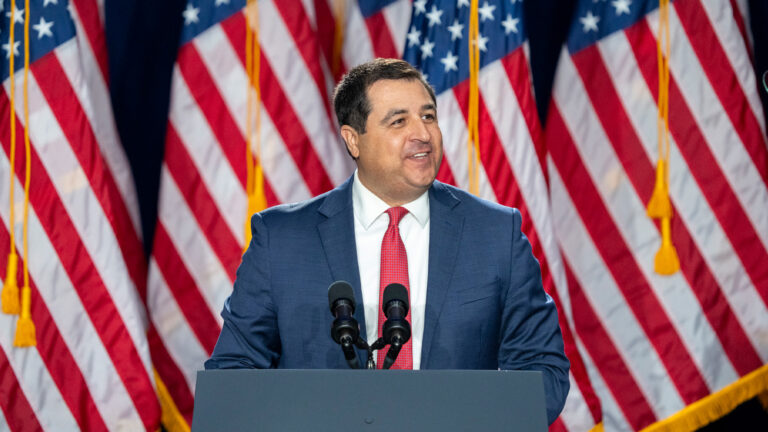



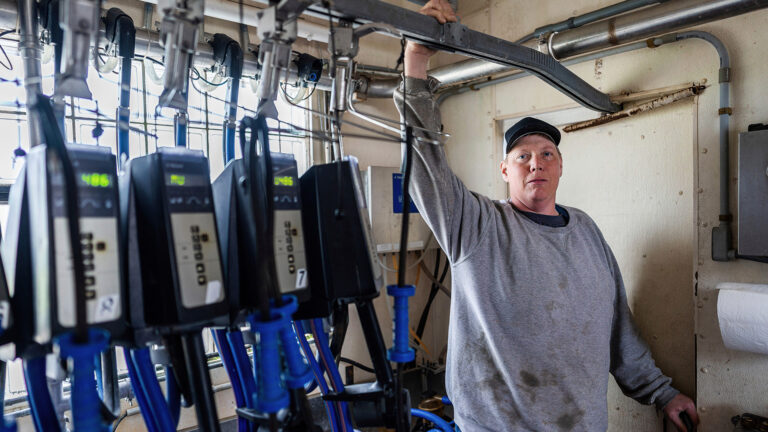



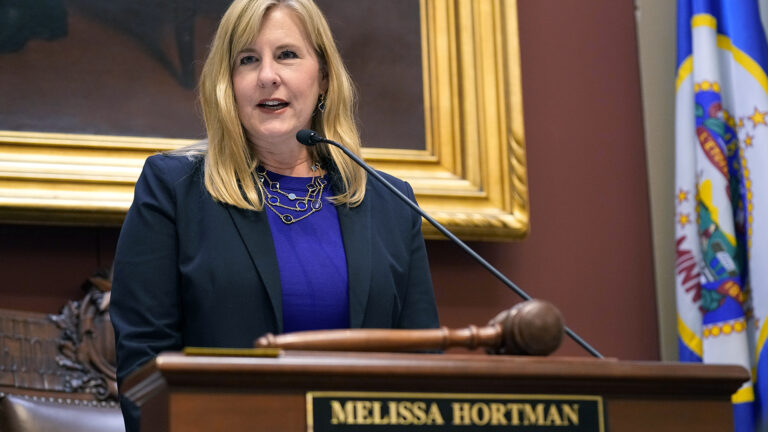

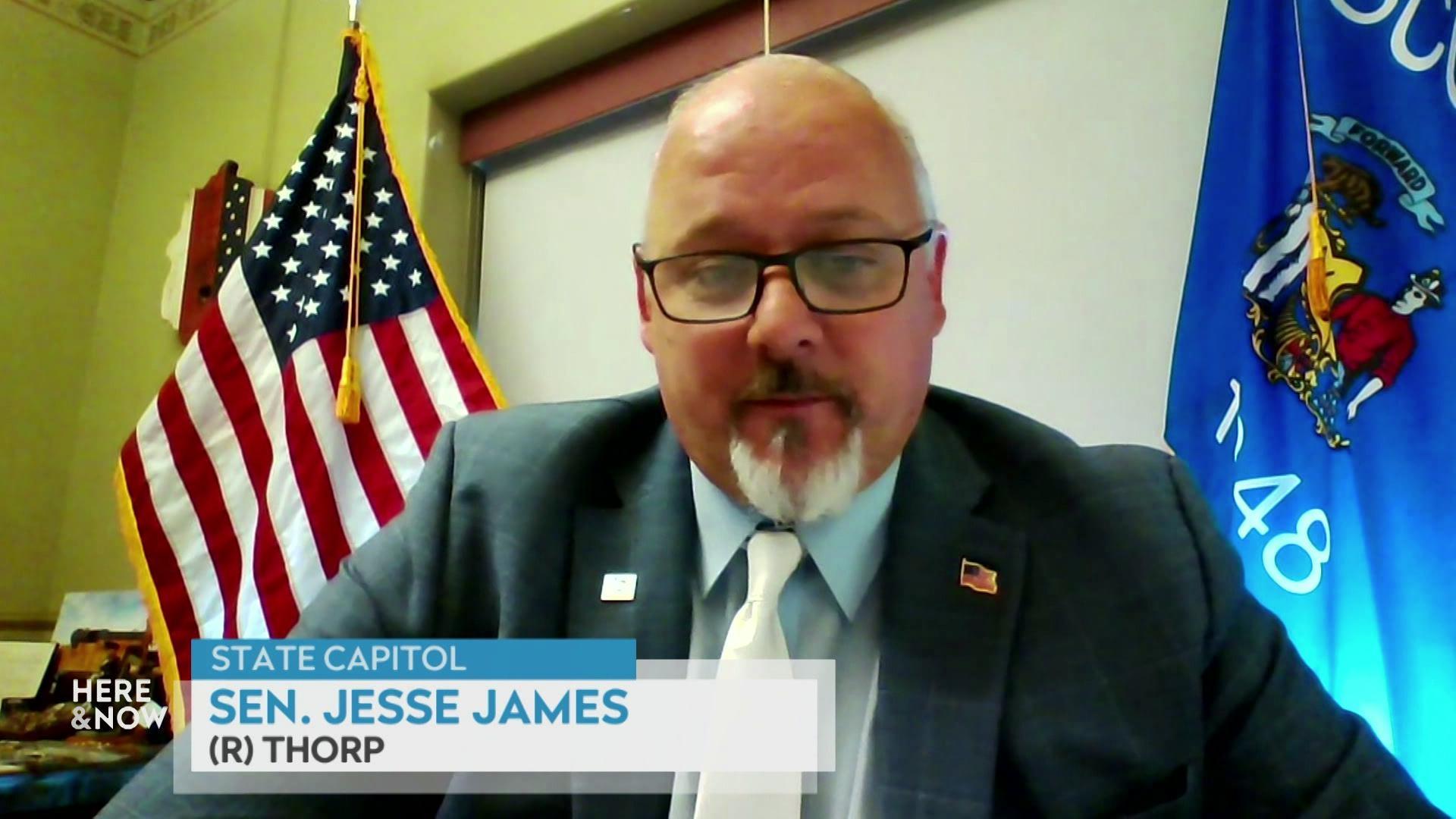
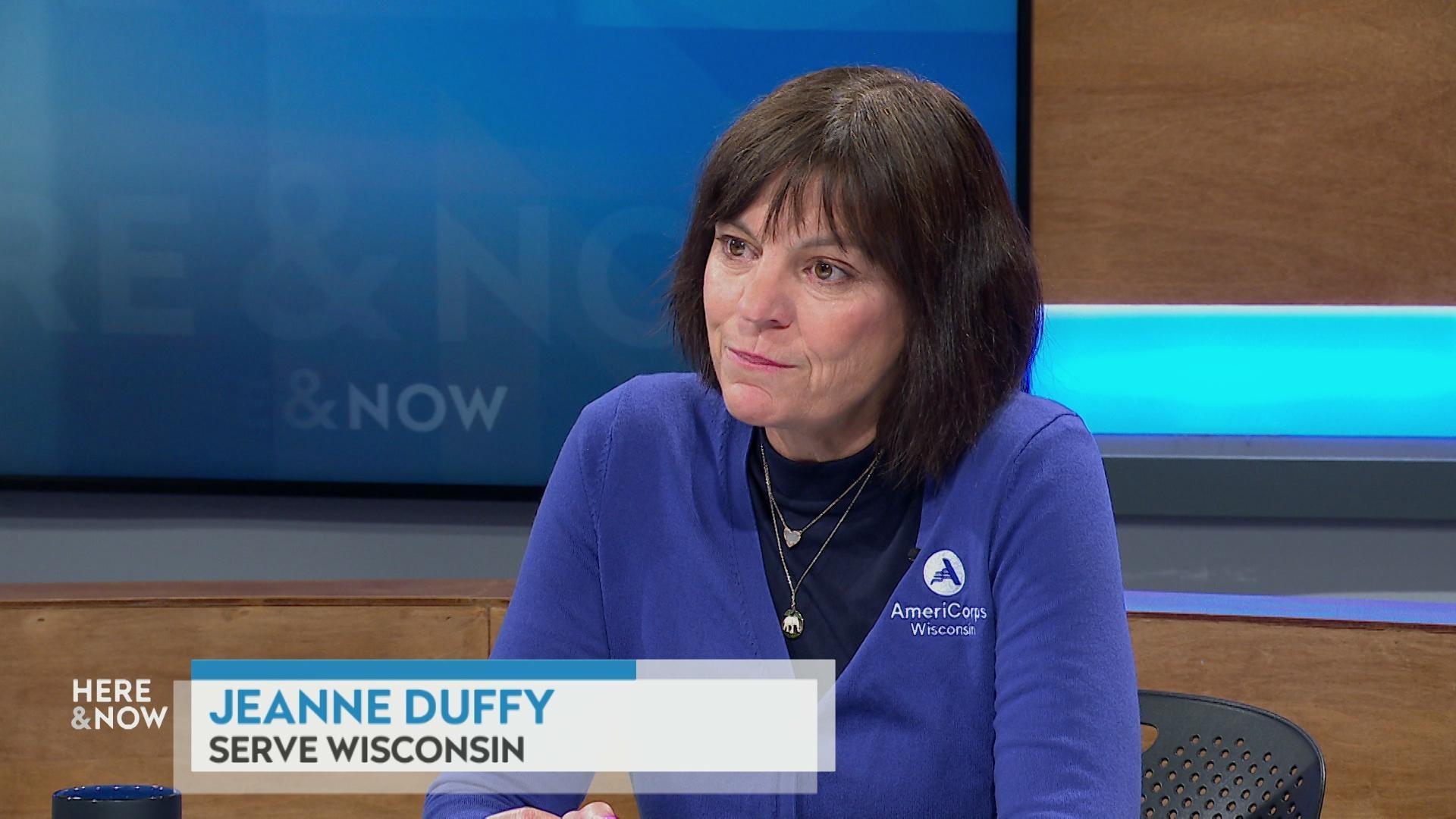


Follow Us